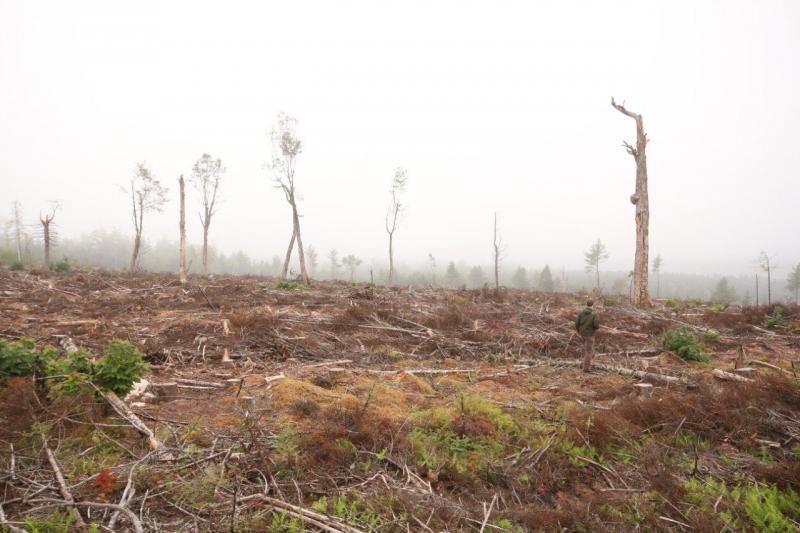KJIPUKTIK (Halifax) – So-called serious incidents in a hospital setting, typically triggered by human error, are on the increase in Nova Scotia.
In 2015 there were 128 such incidents, 51 more than in 2014, the latest numbers released by the department of Health and Wellness reveal.
The report is not for the faint of heart. There are categories such as surgery performed on a wrong body part, which happened once in 2015, and retention of a foreign object after surgery, which happened no less than 10 times.
Serious in this context means that the patient either died or was seriously disabled as a result of the mistake.
Joan Jessome, president of the Nova Scotia Government and General Employees Union (NSGEU), believes many of the incidents are directly related to insufficient experienced nursing staff on the ground.
In 2014 the NSGEU, which represents many nurses who are employed in the Halifax area, attempted to bargain for mandatory nurse-to-patient ratios, only to see their right to strike removed by the Nova Scotia Liberals.
“We know that they are short staffed constantly in the Intensive Care Units (ICU), nurses float from ICU to ICU,” says Jessome. “Same for the Step-Down units, one level below the ICUs.”
Many nurses chose to retire over the last two years, says Jessome, often because anti-union legislation such as Bill 1 created too many uncertainties.
“That removed a lot of knowledge and experience from the mix. When you have more new grads than experienced nurses in some areas, then that concerns all nurses, the new grads and the experienced nurses,” Jessome says.
It’s those kind of pressures that create an environment that is susceptible to the kind of errors tabulated in the most recent serious incidents report, Jessome charges.
For instance, there were 48 cases of severe pressure ulcers, or bedsores, in 2015. Severe means that the sores are deep, at times even exposing bone or muscle.
“When there are bedsores on patients in acute care settings then there is not enough nursing staff to go into these rooms and turn the patients,” Jessome charges. ”If you are short staffed constantly then you don’t get to the patients as frequently as you should.”
The occurrence of less severe bedsores among hospital patients is a complaint she hears frequently from the public, she adds.
Jessome also points to the high number of falls. Eight people died as a result of a fall in 2015 while in a hospital setting.
What especially bothers Jessome is the number of suicides. Last year 32 patients committed suicide or attempted suicide resulting in a serious disability while in the care of the IWK or a District Health Authority.
“If that doesn’t scream crisis in mental health care than I don’t know what does,” says Jessome.
The serious incidents documented in the report are only the tip of the iceberg, Jessome emphasizes. Daily mishaps with less serious consequences are just as much a result of staffing shortages.
Government spokespersons did not try to identify underlying causes for the various incidents.
“The goal is to have the safest possible system you can. Knowing about events is fundamental to that,” Catherine Gaulton, vice-president, quality and system performance for the Nova Scotia Health Authority, told the CBC.



